Now more than ever, you want to be sure that you and your partner consent to literally every single thing that you do in your relationship. To some people, consent may seem like an afterthought or easy to take for granted. This is especially true for those who have been in long, time-tested relationships. They feel that since their partners have been with them for so long, everything is done out of a place of consent and want.
But that simply isn’t always the case, and if you overlook consent or just assume that you have it, you can get yourself into a very tricky and dangerous, even criminal, situation. Many sex crime lawyers deal with people who have been in long relationships but are still dealt some very serious charges because they skipped asking for consent.
It should go without saying, but consent is crucial in modern relationships because it establishes a foundation of respect, trust, and mutual understanding between partners.

Why does consent matter?
Table of Contents
When you really think about it, consent is great for relationships for several reasons and can make your relationship stronger, even if it’s been thriving for years. First and foremost, consent respects each individual’s autonomy and right to make their own choices about their body, emotions, and boundaries. It acknowledges that each person has the freedom in a relationship to decide what they are comfortable with in any given situation.
This is, of course, one of the most important things that an individual in a relationship can have. Sure, they are in a romantic relationship, but they still want to feel in control and in command of their bodies. Anyone who truly loves them will respect that and give it to them. Additionally, consent in a relationship always encourages open and honest communication between romantic partners.
Related Reading: What Is Consent In Dating?
Discussing boundaries, desires, and limits ensures that both parties understand each other’s wants and needs, creating a space for healthy interaction. Dialogue is always good in a relationship, and consent is just another very important form of communication and dialogue. Consent also ensures that no one feels coerced or pressured into doing something they’re uncomfortable with. It allows individuals to express their desires without fear of judgment or consequences.
When consent is respected, both people in the relationship will feel more able and more comfortable talking about just about anything, romantic, sexual, or otherwise. And when both partners respect and honor each other’s boundaries, it builds a sense of trust and emotional safety within the relationship. Feeling safe and respected leads to a stronger, more fulfilling connection. No one wants to be in a relationship that they don’t feel safe in. Safety is paramount for a long-lasting, healthy, romantic, and loving relationship.
Consent Limits Room For Misunderstanding
People make mistakes, and sometimes, despite your best intentions, you cannot avoid misunderstandings. This is where consent plays a pivotal role in keeping the relationship healthy by eliminating assumptions about what the other person wants or is willing to do, fostering clarity, and reducing the likelihood of conflicts or hurt feelings.
What else does consent bring to a relationship? Well, it promotes a culture of equality, where both partners have an equal say in their relationship dynamics. It empowers individuals to express themselves and actively participate in decisions without fear of judgment or reprisal.
Related Reading: Consensual Love In The Workplace: You Could Be Disregarding Consent Without Even Knowing It
And it’s important that we touch upon the legal situations that can arise if consent is not respected and followed. In many places, consent is not only a moral imperative but a legal requirement too, especially concerning intimate relationships between partners. Understanding and respecting boundaries is essential for legal and ethical reasons.

How To Foster Consent In A Modern Relationship
Once you understand why consent is so good for a relationship, you may want to prioritize it. The question is: how to go about it the right way? How can you ensure it’s a healthy part of your romantic relationship? The first step is honest and open communication. You should talk openly about just about anything. There is nothing too big or too small that can’t be talked about when discussing consent.
Talk about preferences, boundaries, and what’s acceptable and what’s not. It’s all about being on the same page. Remember, consent isn’t a one-time thing. It’s a constant, ongoing practice. Read the signals, but also use your words if you need help figuring things out.
Related Reading: How To Say No To Sex Without Hurting Him?
Pay attention to body language and verbal cues. If unsure, just ask, “Are you comfortable with this?” or “Is this all right?” Simple, straightforward questions keep things clear and respectful, and that is the path that you should always take when asking for consent.
You need to also be ready to respect a “no” or a “not right now.”. No pressure, no guilt trips. Just respect and understanding. And don’t be embarrassed if you are shot down. Just because someone says no to you doesn’t mean they don’t like, love, and want you. In fact, them speaking their truth to you is a sign that they love you very much.
Always remember that consent is in the little things too. From a kiss to trying something new, make sure you’re both feeling it. Mutual enthusiasm is the goal in every part of your relationship. Consent is about creating a space where you both feel safe and respected. And when you have consent, you have a healthy and happy relationship.
FAQs
Yes, it can be a red flag if a guy never asks you questions. In a healthy relationship, mutual interest and engagement are important. Asking questions shows that he is interested in getting to know you, values your thoughts and feelings, and is invested in the relationship. Lack of curiosity or engagement might indicate disinterest, self-centeredness, or lack of effort in maintaining a meaningful connection.
Human relationships are complex due to various factors, including individual personalities, emotional needs, communication styles, and personal boundaries. Differences in backgrounds, values, and expectations can create misunderstandings and conflicts. Additionally, external influences such as social norms, cultural expectations, and life circumstances add layers of complexity. Navigating these complexities requires empathy, patience, effective communication, and mutual respect to build and maintain healthy, fulfilling relationships.
Love involves a mix of emotional, psychological, and physical elements that make it complex. It encompasses a wide range of feelings, from passion and intimacy to commitment and companionship. Love can be complicated by factors such as differing expectations, communication challenges, emotional baggage from past experiences, and the balance between individuality and partnership. Moreover, love evolves over time, requiring ongoing effort and adaptability to sustain a healthy, loving relationship.
What Does It Mean When A Guy Says ‘I Am Not Good Enough For You’?
Your contribution does not constitute a charitable donation. It will allow Bonobology to continue bringing you new and up-to-date information in our pursuit of helping anyone in the world to learn how to do anything.

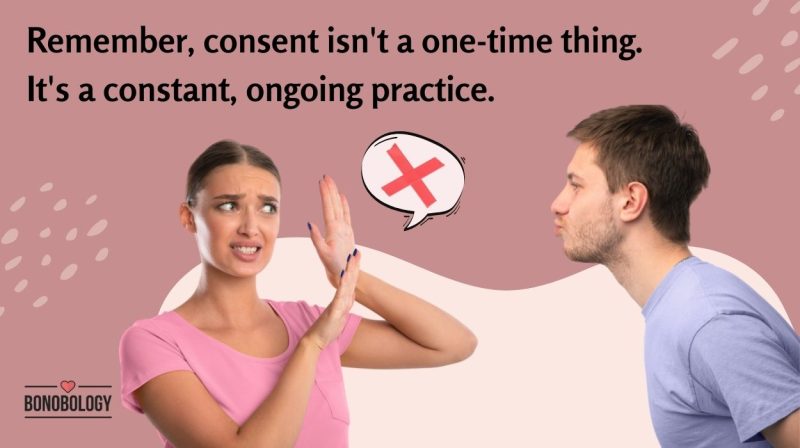



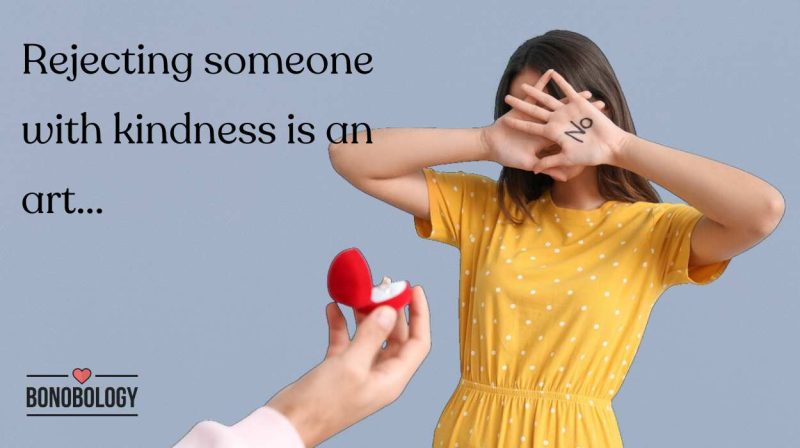
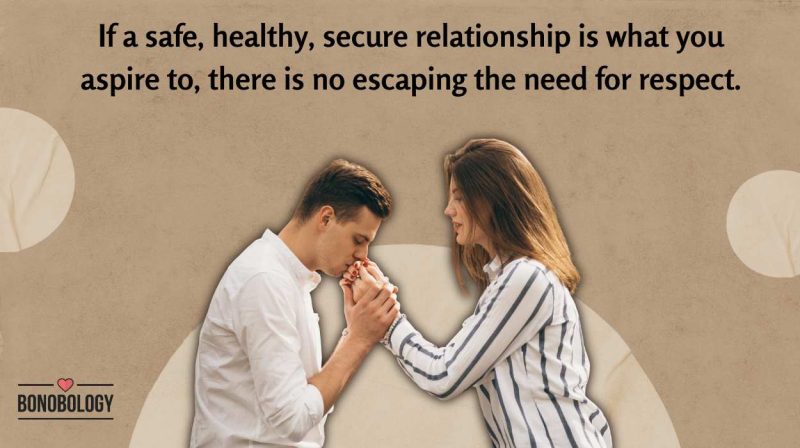


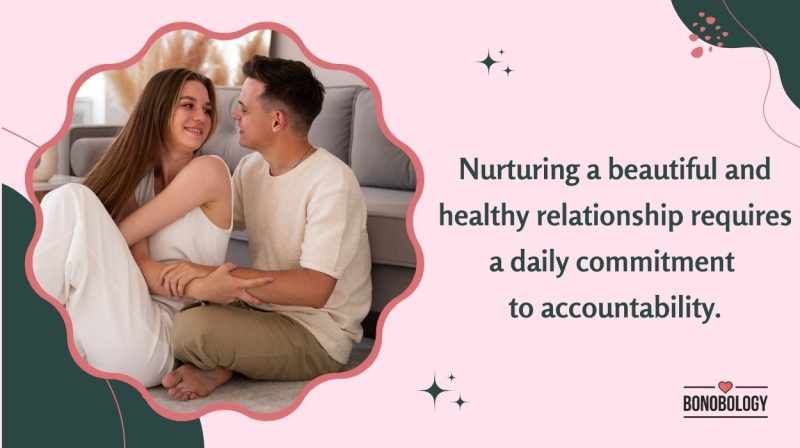
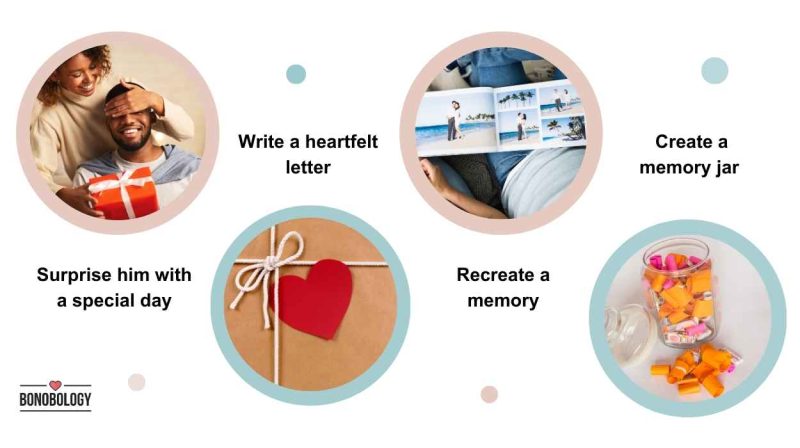
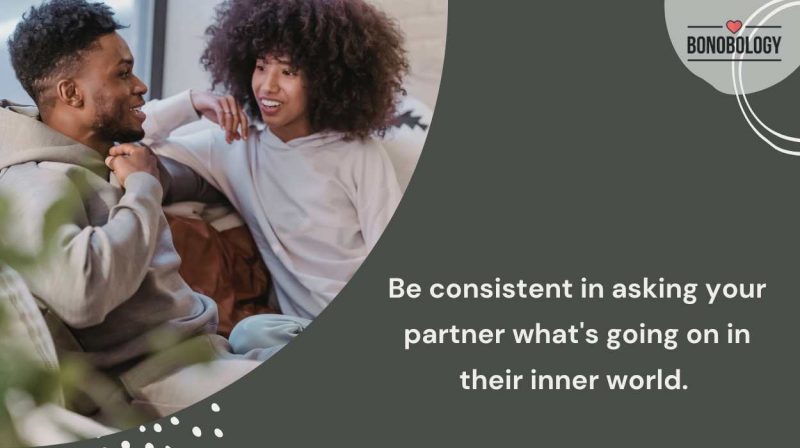




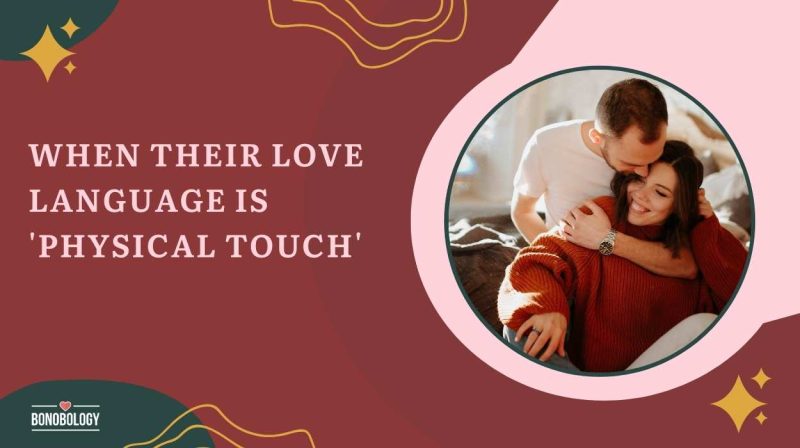
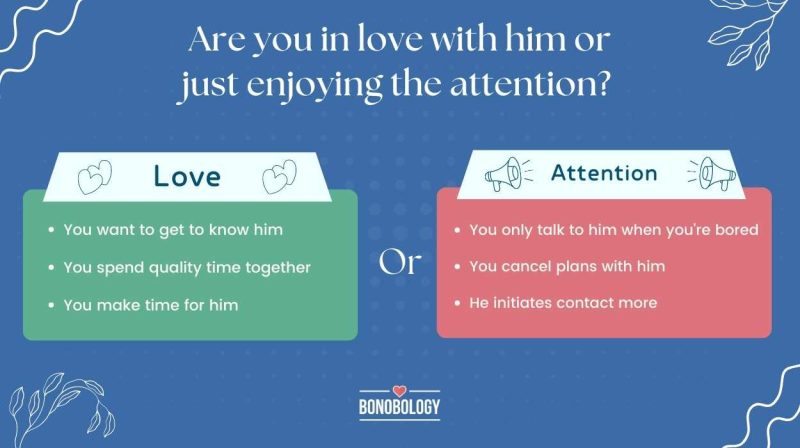
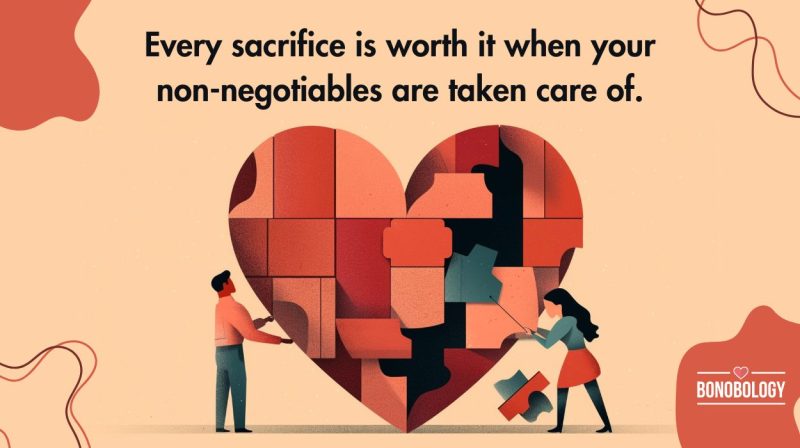

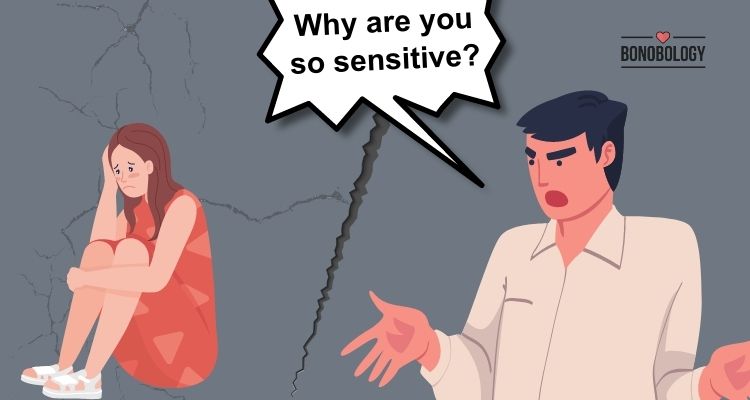


Featured
6 Tips for Helping Your Partner Quit Smoking in Their 50s
How He Treats You Is How He Feels About You — Is It True?
How To Let Someone Down Easy With Kindness And Grace — 13 Tips
How To Show Respect In A Relationship — 9 Ways
The Pitfalls Of Nice Guy Syndrome: How It Affects Relationships
11 Ways To Deal With A Sexually Demanding Husband
Accountability In Relationships – Meaning, Importance, And Ways To Practice
How To Apologize To Your Boyfriend: 15 Ways
10 Thought-Provoking Relationship Check-In Questions for Deeper Connection
Is A Monogamous Relationship Right For You? 11 Questions To Help You Find Out
10 Signs You Are In A Truly Stable Relationship (Even If You Feel Otherwise)
7 Subtle Signs Your Partner is Quiet Quitting Your Relationship
Secure Relationships – What Are They And What Do They Look Like?
Physical Touch Love Language: What It Means With Examples
Do I Like Him Or The Attention? Ways To Find Out The Truth
17 Non-Negotiables In Relationships You Must Never Compromise On
15 Ways To Solve Relationship Problems Without Breaking Up
9 Common Narcissist Gaslighting Examples We Hope You Never Hear
The Most Important 7 Qualities Of A Healthy Relationship
15 Early Signs He Is A Player And Isn’t Serious About You